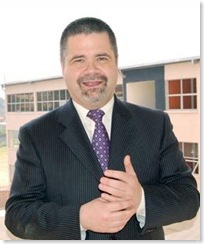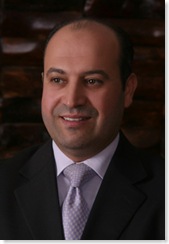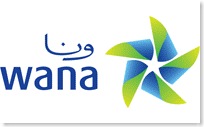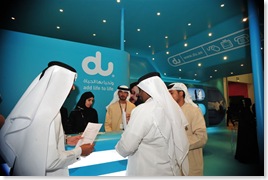The latest addition to Kenya’s telecoms market, Econet Wireless Kenya trading under the brandname ‘Yu’, has secured a KES35 billion (US$450 million) loan to fund its mobile network rollout, just days after the company’s CEO Michael Foley resigned.
Michael Foley, CEO of Econet Wireless Kenya resigned last week amid reports of unpaid suppliers and a struggle to gain funds to continue Econet’s network rollout
Comm. reported in December that there were suggestions the fourth mobile operator could not finance the rollout of the network in its own right, and was rescued by Indian mobile telecoms company Essar Communications Holdings, a subsidiary of Essar Global, which acquired a 49 per cent stake in the Kenyan licensee.
Local media have reported that Econet has had problems securing credit during the global financial slowdown, adding that since launch in Nairobi in November, the company has offered drastically reduced prices as part of its initial marketing campaign, with little margin for profit.
CEO and managing director Michael Foley unexpectedly resigned last week just six months after he was appointed in the role. Local reports say he quit “to protect his integrity in the midst of a tightening in the company’s liquidity caused by delay in securing credit”, amid reports of struggling to pay suppliers.
Acting-managing director Srinivasa Iyengar said Yu will launch in Mombasa next week and is in negotiations for an infrastructure sharing agreement with an incumbent operator. The company said it has signed 60,000 subscribers and aims to have a subscriber base of three million by the end of 2011.
Safaricom dominates the Kenyan telecoms scene with 82.3 per cent market share, followed by Zain with 17.6 per cent, according to the Mobile World database. Third operator Telkom Kenya (Orange) has recently started mobile services. The country’s mobile penetration rate stands at 36 per cent.








